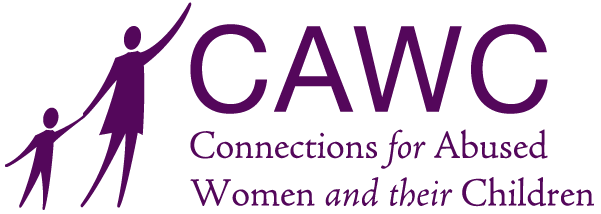May is Mental Health Awareness Month, and during this month and beyond, it’s especially important to consider the mental health effects of domestic violence on survivors and their children. Although many may not realize it, domestic violence shelters play a key role in helping women and children heal from the trauma caused by abuse through carefully designed therapy. Here’s how trauma-informed counseling provided by these shelters makes the journey toward recovery and empowerment possible.
A Trauma-Informed Approach to Survivor Mental Wellness
Trauma-informed care recognizes the nature of the intersection between domestic violence and mental health — specifically, the widespread impact of trauma — and understands potential paths for recovery.
This approach is designed to resist re-traumatization and support survivors by offering a safe, respectful, and empowering environment. It’s essential in domestic violence shelters, where survivors require care that addresses not just physical injuries, but also complex and lasting emotional wounds.
Benefits for Survivors
Trauma-informed therapy improves the mental health of survivors in the following ways:
- • Enhanced emotional recovery. Mental health services in shelters help survivors process their experiences and reduce symptoms of related disorders (including post-traumatic stress disorder [PTSD], depression, anxiety, and more).
- • Empowerment and autonomy. Counseling services support survivors in regaining control over their lives in general and their mental health in particular, fostering a sense of agency and independence.
- • Improved parenting skills. For survivors with children, counseling can offer strategies to manage their emotional responses as well as those of their children and provide a more stable, nurturing environment for their families.
Benefits for Children
Children, often the silent victims of domestic violence, also benefit significantly from trauma-informed mental health support. Counseling helps them process their experiences, reduces the risk of long-term psychological effects, and teaches healthy coping mechanisms. It aids in breaking the cycle of violence and ensures a more hopeful future for these young survivors.
Improve the Mental Health of Abuse Survivors With CAWC
At Connections for Abused Women and Their Children (CAWC), we believe that everyone has a right to a life free of violence. Our mission to end child abuse in conjunction with domestic violence is rooted in education, service, and advocacy. In addition to working toward broader social change, we provide empowerment-based and trauma-informed support in the form of shelter, counseling, and advocacy to individuals affected by intimate partner violence and their children.
If you or someone you know is actively experiencing the impacts of domestic violence, don’t hesitate to call our 24-hour hotline at (773) 278-4566. For non-emergency support, reach out through our contact form today.
Want to help us protect more women and children? You can impact the life of a domestic violence survivor or a child who witnessed domestic violence by donating to CAWC today or by supporting our work in other ways.
